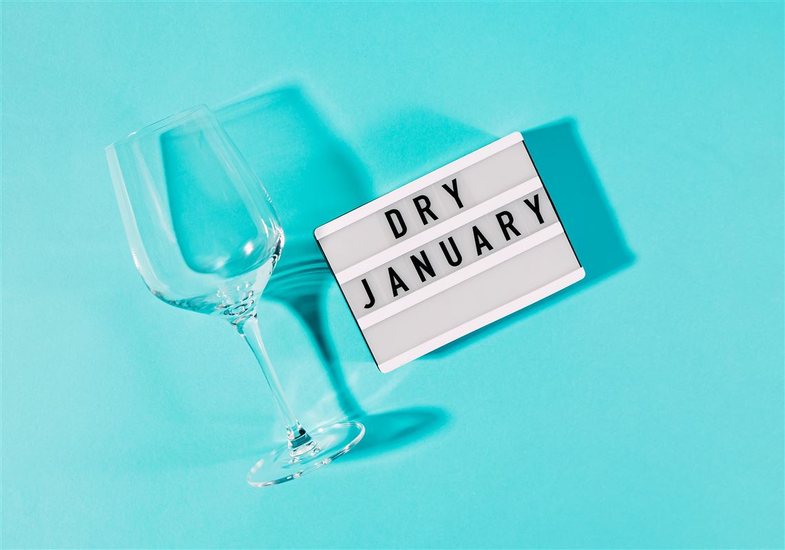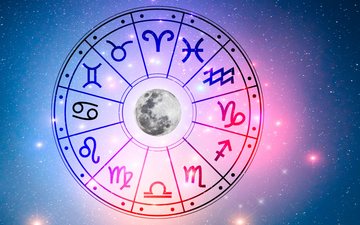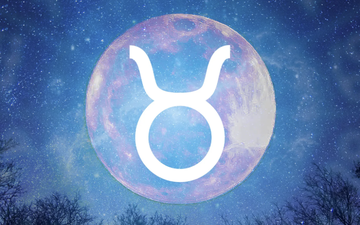
Giving up alcohol for a month can bring many benefits such as: improved health, weight loss, better sleep and more energy.
After the end of the year holidays, millions of people participate in the monthly challenge known as "Dry January". During the holiday season, alcohol consumption can easily get out of hand. One glass becomes two, then three, and suddenly, the bottle is gone.
"Addiction creeps up on you," says Tommie Trevino, a substance abuse counselor at UC Davis Health.
"When someone starts to wonder if they have a problem with alcohol, I advise them to go without alcohol for 30 days. I say: 'If you can't stop for 30 days, why not?'. This is a way to reevaluate the relationship with alcohol," Trevino adds.
What is it?
Dry January is a public health initiative launched in 2013 by Alcohol Change UK.
The challenge? Stay alcohol free for 31 days.
This initiative aims to help people who worry that they are drinking too much (or too often) and want to slow down. Also, it's a good way to start the new year with a healthier lifestyle.
Excessive alcohol consumption can lead to chronic diseases such as high blood pressure, heart disease and liver problems. Also, alcohol increases the risk of certain types of cancer, including that of the mouth, throat, esophagus, colon and breast.
Benefits of giving up alcohol for a month
Going without alcohol for a month may seem like a tough challenge, but it has many health benefits, says Trevino:
• Weight loss
• Better sleep
• Improved mood and energy levels
• Increased physical activity due to increased energy
• Better diet, with fewer empty calories
• Reduction of fat in the liver and blood sugar
• Reducing the risk of cardiovascular disease and cancer
According to Trevino, one month is enough time to evaluate the relationship with alcohol.
6 tips to successfully face the challenge
If you think you'll have a hard time staying alcohol-free for a month, the National Institute on Alcohol Abuse and Alcoholism (NIAAA) offers some helpful tips:
1. Reflect on the reasons why you drink alcohol.
Do you drink to have fun, manage stress, or sleep better? Find healthier alternatives, such as playing games at parties, meeting friends for a walk or meditating.
2. Tell friends and family about your plan.
Ask them for support or invite someone to join you in the challenge.
3. Provide non-alcoholic beverages at parties and meetings.
Thanks to the popularity of mocktails, non-alcoholic drinks don't have to be boring.
4. Prepare a simple and polite response to refuse alcoholic beverages.
A simple "No, thank you" can be more effective than you think.
5. Observe the changes you have during the month.
Are you sleeping better? Do you have more energy? Make notes of the benefits you feel during the challenge, as this can help you continue.
6. Make a plan not to return to old habits after January.
As with any change in habits, it's easy to fall back into the old routine if you don't have a long-term plan in place.
Suggested articles:





